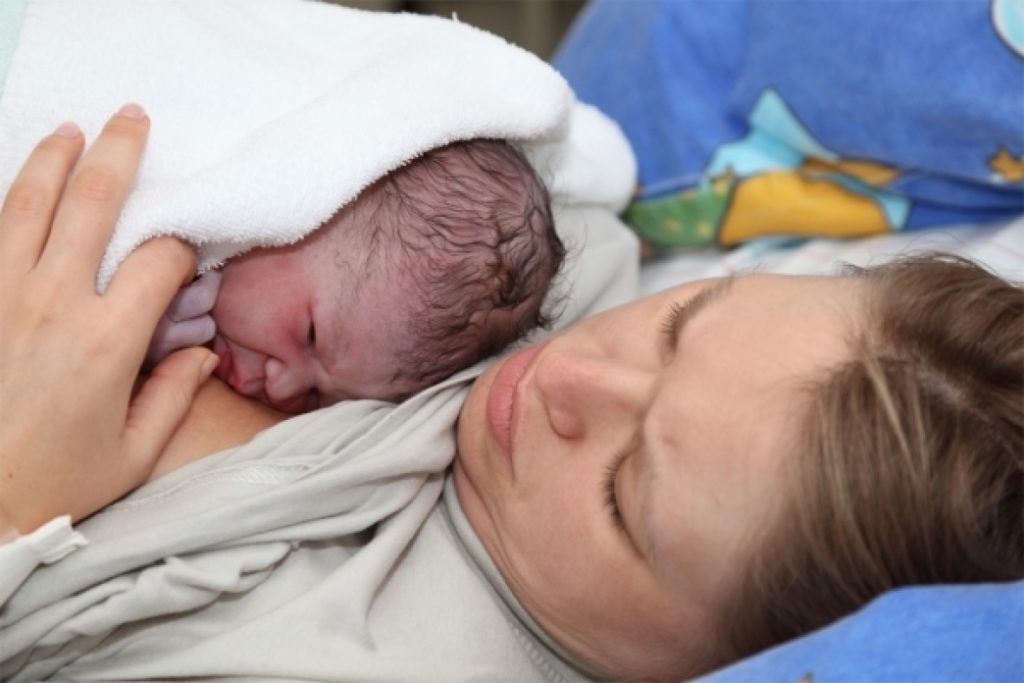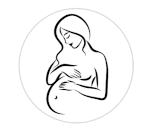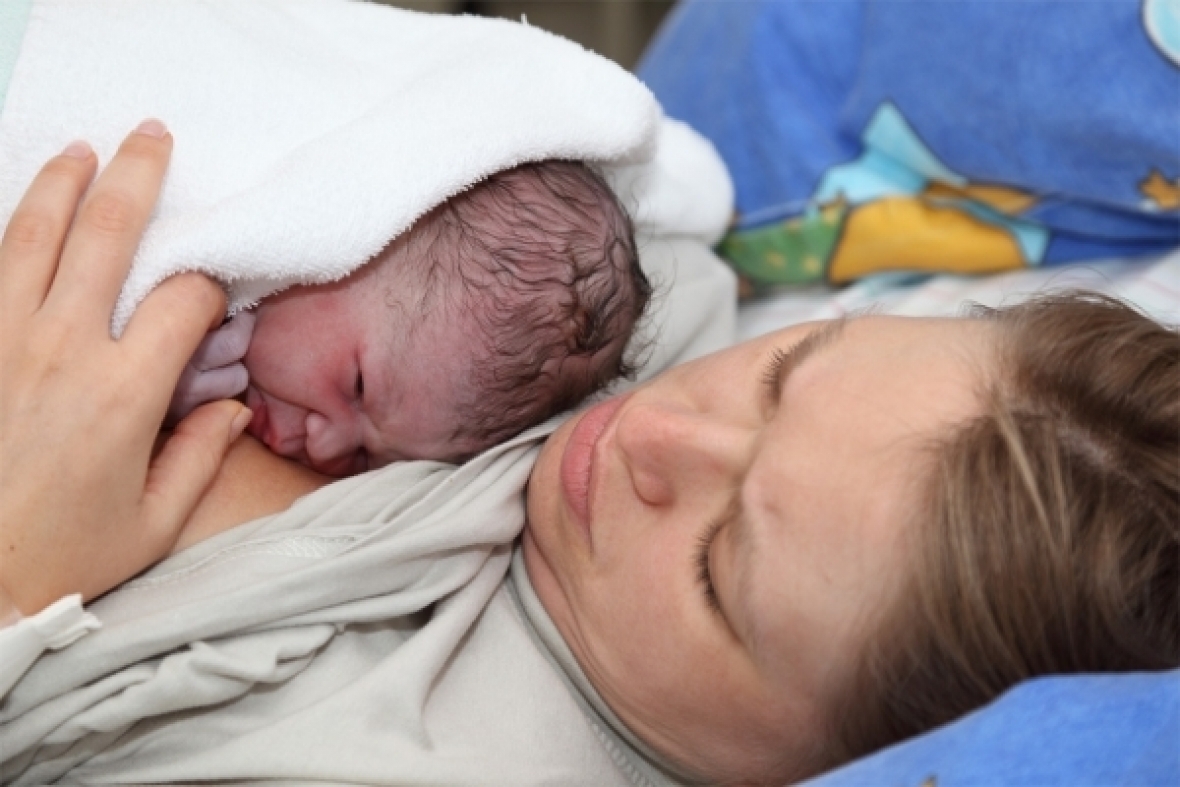
Is the airway oro/nasopharyngeal suctioning a really necessary practice?
The suctioning of the baby’s discharge is almost systematic at birth. But is it a good thing?
What is airway oro/nasopharyngeal suctioning?
This practice consists in the insertion of a probe in the newborn’s mouth or nose in order to clear the airway, to ensure esophageal permeability and to identify any kind of deficiency.
Is it necessary?
Airway oro/nasopharyngeal suctioning is not essential if the baby is in good health and has a good muscle tone.
Indeed, this practice isn’t always beneficial for the baby, particularly because he will be stressed out about being taken away from his mother. Moreover, since the newborn is wet, he might get cold even if he is placed on a heating table and the person who best regulates the baby’s body temperature is his mother with the skin-to-skin contact.
The fact of putting probes in the baby’s nose or mouth represents an intrusive action that can irritate him. There are also risks of edema for the newborn, i.e swelling risks that would block his nose and prevent him from breathing correctly.
As for the airway oropharyngeal suctioning, it may cause nausea and hurt the baby, bringing him difficulties to drink afterwards. As our pediatrician said, caregivers shall suck on 5 cm into the baby’s mouth but with stress they often go until 10 cm and suck stomach gastric fluid, an important nutrient fluid that helps regulate the baby’s blood sugar levels.
Thus, it is not normal to systematically use airway oro/nasopharyngeal suctioning for a baby at birth.
This practice could be avoided for healthy babies with a good muscle tone to protect them from potential side effects.

